Order this book online at www.trafford.com
or email
Most Trafford titles are also available at major online book retailers. Copyright 2010 S.O.M.A..
All rights reserved. No part of this publication may be reproduced, stored in a retrieval system, or transmitted, in any form or by any means, electronic, mechanical, photocopying, recording, or otherwise, without the written prior permission of the author.
Printed in Victoria, BC, Canada.
ISBN: 978-1-4251-4497-5 (Soft)
ISBN: 978-1-4269-2508-5 (Hard)
ISBN: 978-1-4251-4498-2 (e-book)
Our mission is to efficiently provide the worlds finest, most comprehensive book publishing service, enabling every author to experience success. To find out how to publish your book, your way, and have it available worldwide, visit us online at www.trafford.com
Trafford rev. 01/07/2010
 www.trafford.com
www.trafford.com
North America & international
toll-free: 1 888 232 4444 (USA & Canada)
phone: 250 383 6864 fax: 812 355 4082
SOMAS DICTIONARY OF LATIN QUOTATIONS, MAXIMS AND PHRASES
A COMPENDIUM OF LATIN THOUGHT AND RHETORICAL INSTRUMENTS FOR THE SPEAKER, AUTHOR AND LEGAL PRACTITIONER WHO MUST STAND OUT AND EXCEL!
Contents
Dedicaton
Iesu, fonti mihi, illuminationi meae
(to Jesus, my Source, my Inspiration)
Preface
No doubt, Latin is the twin Language of Classics; the other is Greek. But we must note that there were older and earlier lingua and civilizations than the Graeco-Roman civilization. The Chinese, Babylonian, Medo-Persian, Aramaic, Hebrew etc are particularly historical and have each shaped the course of civilization. Also, recent successes and discoveries in the field of archeology lend credence to the fact that the history of civilization did not start with the Renaissance (in Europe) of the 14 th Century. There had been pre-historic, medieval civilizations and cultures on the African continent, as well. For example, the Yoruba, Swahili, Fulani, Zulu languages and cultures and a few others antedated the languages and cultures of the barbarians in Europe.
SOMAS DICTIONARY OF LATIN QUOTATIONS, MAXIMS AND PHRASES is a work assiduously put together by a young man. His endeavours, in extending the frontiers of learning through this Dictionary, is seen therefore as gauntlet to his generation in a global village still being further shrunken by technology that anybody, anywhere, regardless of race, religion or gender, can employ any language (for its expediency and efficacy) to communicate with his audience. KOFI ANNAN, the Worlds (i.e. United Nations) Secretary-General, for example, is a man of multiple tongues. He has often been heard addressing international audiences in Latin, French and English.
The challenge of Rolus work is this, that Kofi Annan should henceforth include his Asante language at both the United Nations General Assembly and its SECURITY COUNCIL proceedings.
Rolus voluminous citation from religious materials especially from Judeo/Christian sources, bears testimony to the fact that a substantial portion of these religious materials were translated from Greek and Latin, which were not even the primary sources. Yet as a Dictionary, SOMAS is a FIRST CLASS encyclopedia-dictionary for Latin. Rolu, a Graduate of Classics, himself orator et vir bonus dicendi peritus, has produced a sure fast track for any ambitious scholar, preacher, advocate and indeed any public speaker to the top of his ambition.
Tunji Braithwaite Ph.D.
Lagos
Foreword
I do not think that I have come across so much Latin since my Secondary School days; not at the C.M.S Grammar School nor the Methodist Boys High School nor even at the University of Hull, East, Yorkshire, U.K, where I studied Law between 1958 and 1961.
Since then, in the course of my career as a Legal Practitioner and my service to God and country as a Judge in the trial Court, an appellate Judge, Courts of Appeal and the Supreme Court of Nigeria, I must confess that I have come across and consulted Latin Idioms in Legal books devoted to such work. However, I have not come across a compendium like the one produced by the author.
The work would be a veritable source of valuable material for anyone who would want to express his thoughts in a language that is not only succinct, but which would also bring to the reader or his listener the true meaning and effect of his thoughts.
To many, who perhaps do not know, Latin was one of the sources of the English Language, which we have fully accepted as our lingua franca for official communication throughout this country and indeed at least throughout such countries in West, East and South Africa that come out of British tutelage. It is therefore, in my humble view, an asset to be able to read at first hand how Latin had influenced the development of the English Language and our use of it to transact our business, and our interaction with each other.
Let me say that in the course of reading this prodigious work and although as I have said above that it had been a long time that I studied the language, it was most refreshing and educative in a pleasant way to read the work. The author did not simply put down terse Latin phraseology but went on to give detailed background on them and their historical significance. This of course involved a brief excursion into the classical period of Roman history and their use of their beloved language to give meaning to the thoughts in their minds.
For those of us who are also familiar with the Bible, it is indeed very refreshing and educative to read in the work the translation into Latin of such familiar milestones as the Lords Prayer.
I do not think that it becomes my duty to set out here any of the various words and the phrases that the author has already set out in his work. I nevertheless think it is appropriate to quote here one of them orare est labore -to pray is to work.
However, it is my humble view that this work would interest not only the general reader, but also all who are engaged in such profession as law, any men in Holy orders as Priests, Pastors etc and even the media.
Those who are engaged in writing speeches for great occasions and when called to make speeches ex tempore. For many of such, the background knowledge gathered from this work would surely be a great help.
Before I conclude, I must add that I feel honoured to have been asked by the author to write this forward. Though I have not met the author, my brother, Kola Ejiwunmi, one of the twelve he referred to in the course of acknowledging his debt to those who encouraged him, asked me to read the work and write this foreword. I am so glad that he did.
As I have earlier said, this prodigious work deserves to be widely read and indeed studied by all. I am sure that once it is read, it will continue to be a reference point for all manner of occasions. I therefore fully recommend this unique and great work of learning accordingly.
Justice A.O Ejiwunmi, JSC, CON
July 2007
Acknowledgement
I must first acknowledge the help of Jesus, whose breath sustains my life and whose Spirit gave me the inspiration for this compilation. To Him I am grateful in measures beyond expression.
This present selection and compilation has come from a variety of online sources. I am also indebted to many other sources and collections from which I carefully compared the constructions and phrases in popular usage. None of the materials here presented is original. The sources from which these materials have been collected, both written and online, are varied and numerous but I acknowledge their direct and indirect contributions.
My deepest gratitude to the many people, with whom I have worked to produce the contents of this book. Worthy of mention are Aramide Thomas, Tope Fahm, Deji Oyetunde, Lekan Olayiwola and a certain individual who introduced a number of corrections and brought to my attention some areas of doubt. Although he wishes to remain anonymous, his contributions to this dictionary were significant.
Next page
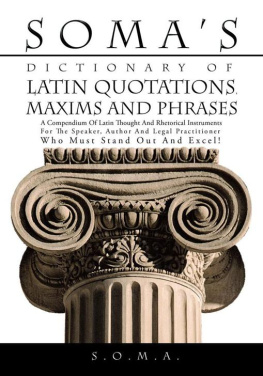
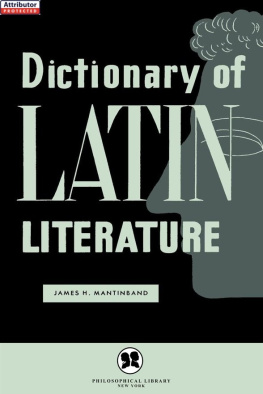
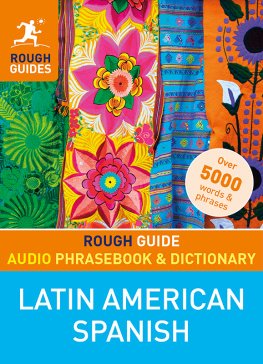
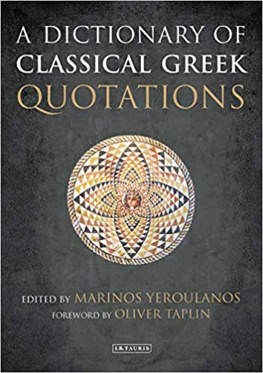
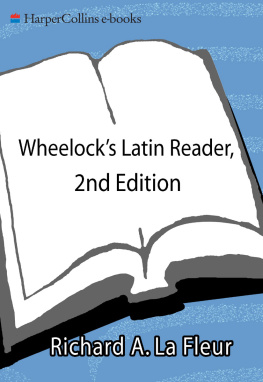
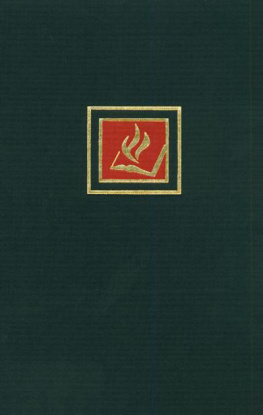
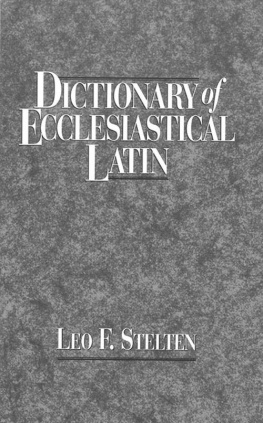

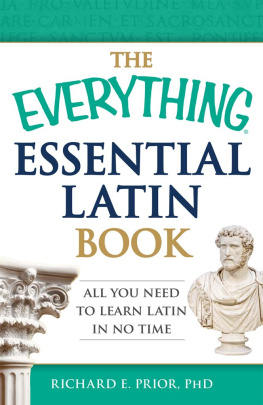
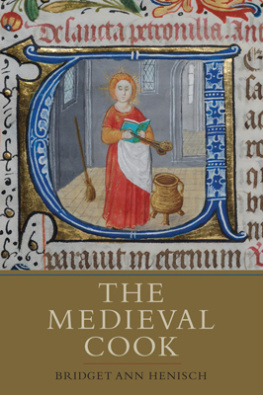
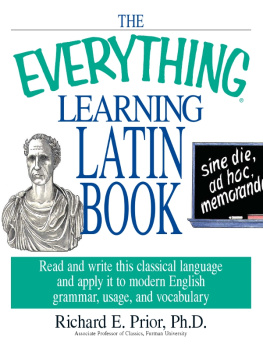
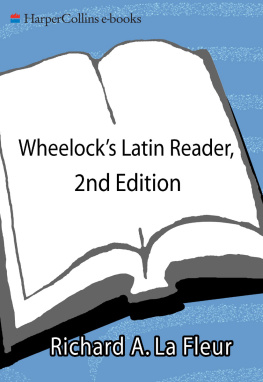
 www.trafford.com
www.trafford.com